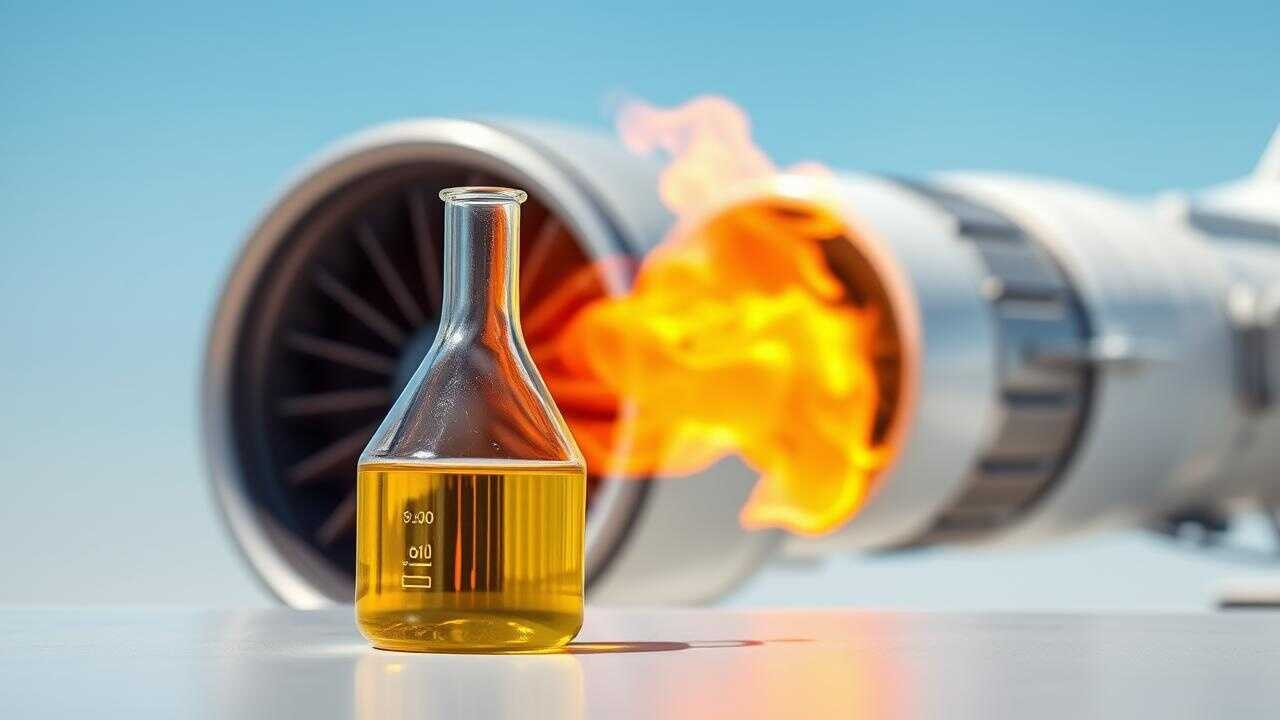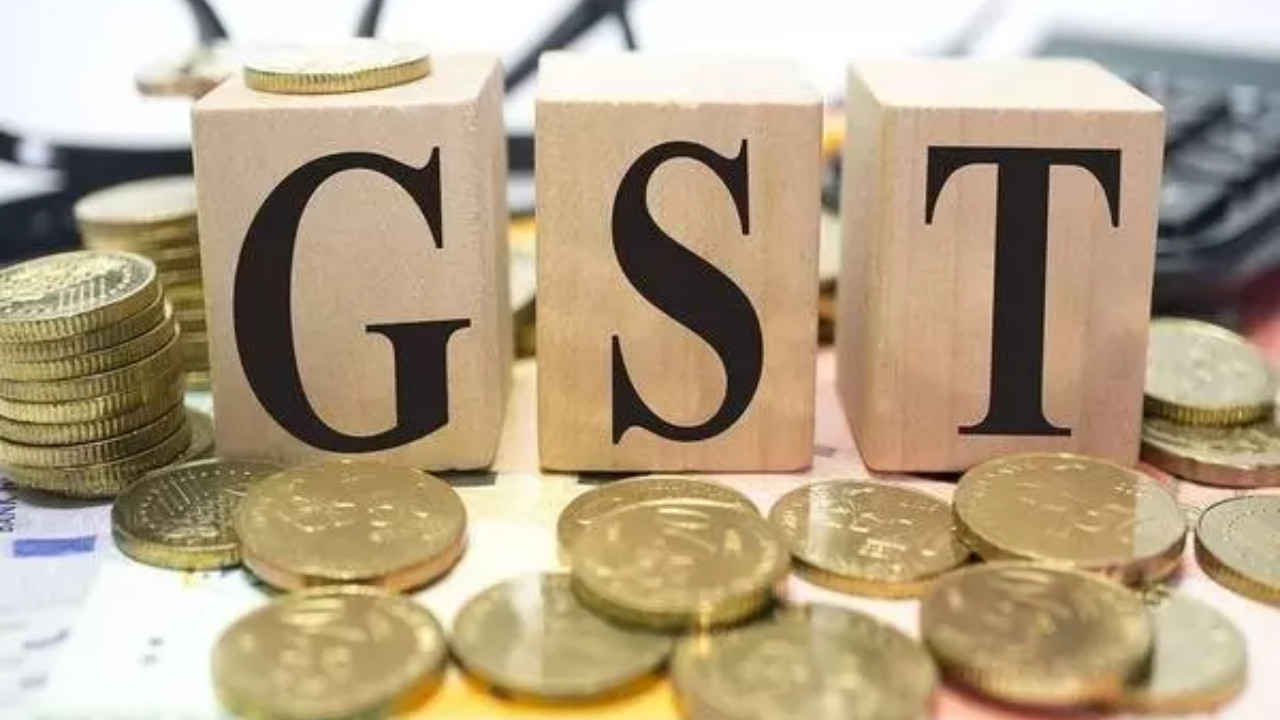IndianOil’s Panipat refinery has achieved international certification to produce sustainable aviation fuel (SAF) from used cooking oil, according to Chairman Arvinder Singh Sahney. The refinery aims to produce 35,000 tonnes of SAF annually, meeting India’s 1% SAF blending requirement by 2027.
Greener Skies Ahead: IndianOil’s Panipat Refinery Takes Flight with Sustainable Aviation Fuel
Imagine a future where the roar of jet engines doesn’t automatically conjure images of smog and environmental damage. It might seem like a distant dream, but IndianOil is taking a significant step towards making that vision a reality. Their Panipat refinery has just secured a globally recognized certification for producing Sustainable Aviation Fuel (SAF), a monumental achievement poised to reshape the aviation industry in India and beyond.
For years, the aviation sector has grappled with its sizable carbon footprint. Traditional jet fuel, derived from crude oil, contributes heavily to greenhouse gas emissions. Finding viable alternatives has been a global imperative, and SAF emerges as a promising contender. Unlike its fossil fuel counterpart, SAF is produced from sustainable sources, drastically reducing its environmental impact.
Panipat’s Pioneer Project: A Leap Towards Sustainable Aviation
The certification earned by the Panipat refinery marks a turning point for IndianOil and the nation. It validates the refinery’s ability to produce SAF that meets stringent international standards. This means the fuel can be used in existing aircraft without requiring any modifications, making it an immediately deployable solution. The refinery is aiming to produce 35,000 tonnes of SAF by the end of the year, a substantial volume that could make a noticeable difference.

The project involved retrofitting the refinery to handle bio-feedstock and optimize the refining process. This is not just a simple swap; it requires advanced technology and careful calibration to ensure the SAF meets the rigorous specifications demanded by the aviation industry. The refinery’s achievement demonstrates India’s growing capabilities in renewable energy and its commitment to a greener future. It also positions IndianOil as a leader in the SAF landscape, potentially attracting international collaborations and investments.
What Makes Sustainable Aviation Fuel Sustainable?
The key lies in the source. SAF can be produced from a variety of sustainable feedstocks, including agricultural waste, forestry residues, and even algae. These sources absorb carbon dioxide during their growth, effectively offsetting the emissions released when the fuel is burned in aircraft engines. This “closed-loop” system significantly reduces the net carbon footprint of aviation. For example, if waste cooking oil is used to create SAF, we are not only reducing the need for new petroleum-based jet fuels, we are also giving a productive purpose to a waste product.
The Road Ahead: Challenges and Opportunities for Sustainable Aviation
While this is a cause for celebration, the journey to widespread SAF adoption is not without its challenges. Scaling up production to meet the massive demands of the aviation industry will require substantial investment in infrastructure and feedstock supply chains. The cost of SAF is also currently higher than traditional jet fuel, which could impact airline ticket prices and potentially slow down adoption rates. However, as production volumes increase and technology advances, the cost is expected to come down, making SAF a more competitive and attractive option.
The move towards more sustainable aviation isn’t just about reducing emissions; it also presents a wealth of economic opportunities. It can stimulate growth in the renewable energy sector, create new jobs in agriculture and manufacturing, and boost India’s position as a global leader in green technology. Government support and policy incentives will be crucial to accelerating the transition to SAF. This might include subsidies for SAF production, mandates for its use in aviation, and investments in research and development.
This initiative complements other efforts IndianOil is undertaking towards a greener future, such as the development of electric vehicle charging infrastructure.
Ultimately, the adoption of SAF is a critical step towards decarbonizing the aviation industry and creating a more sustainable future for all. IndianOil’s Panipat refinery has taken flight, paving the way for cleaner skies and a healthier planet. This initial achievement, with its 35,000-tonne goal, is only the first step in what could become a major shift toward the reduction of greenhouse gasses across the region. The possibilities are immense, and the potential impact is profound. The journey towards sustainable aviation has begun, and it promises to be an exciting one.







